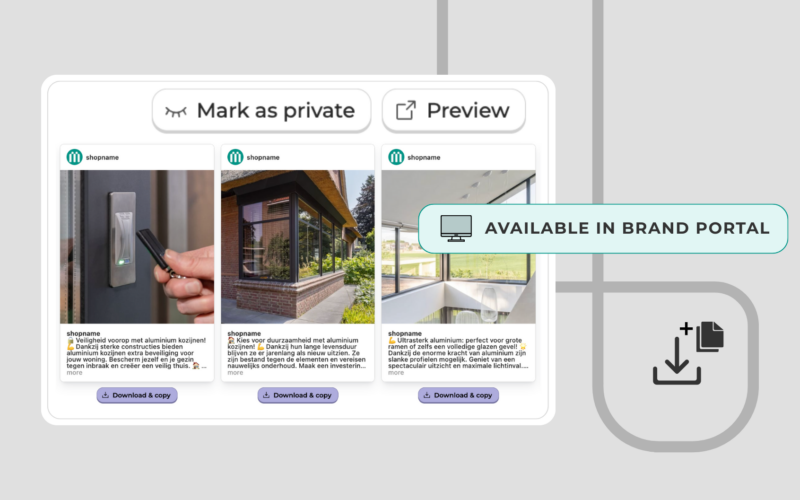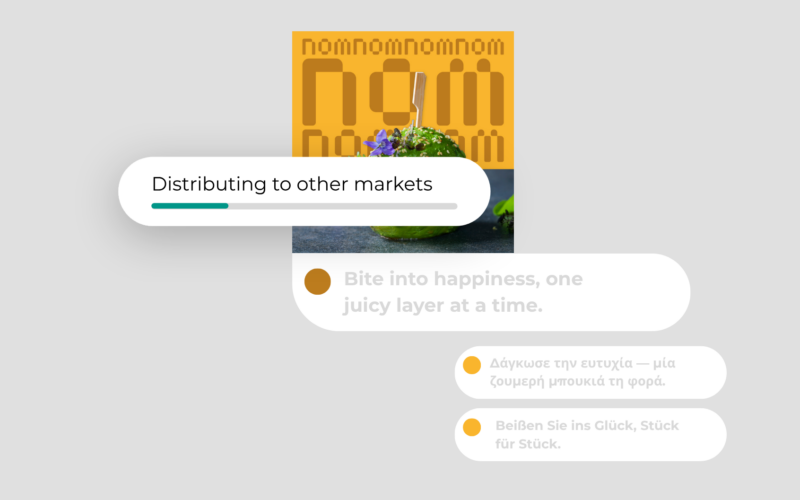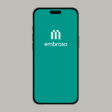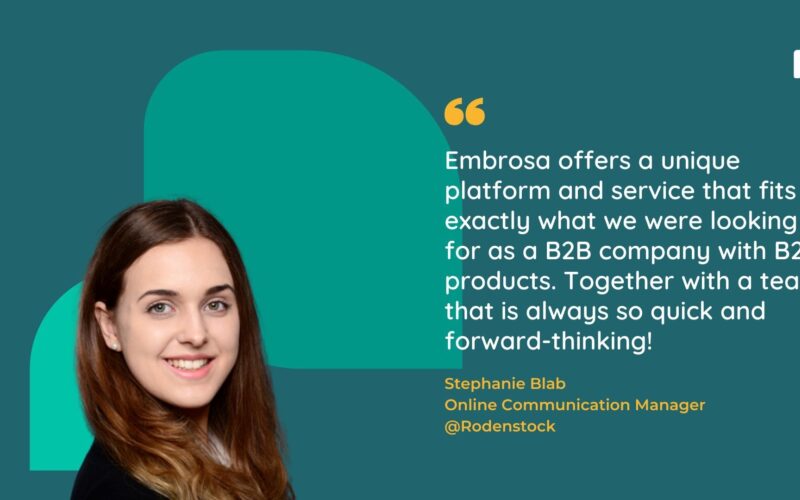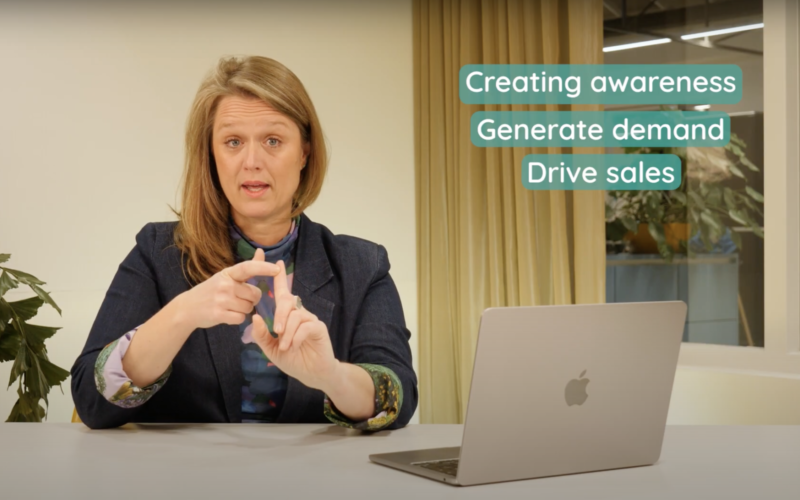
Gen Z has a unique way of shopping that might surprise you. They rarely open newsletters, often skip ads, and continue scrolling until something truly resonates with them. If you want to grab their attention, it’s time to leave behind polished campaigns and embrace authenticity.

What does it take to build a successful children’s eyewear brand? In this interview, Marieke Florisson, brand manager of Milo & Me, shares how she turned a simple idea into a global success. Discover her insights on design, content creation, and connecting with young audiences across borders.

This is a success story about how Luidspreker, a communication and design agency, helped our company Embrosa with our rebranding in 2024.

Trade marketers can amplify the effectiveness of their marketing campaigns by giving local resellers the center stage. They can include photos or videos with resellers in them, integrate their company name and logo, hone in on local targeting in the vicinity of each reseller, craft remarkable customer experiences at these reseller locations, and avoid store locators that list multiple resellers.

Local resellers offer accessibility and convenience to customers while also providing an opportunity for them to experience the product. Selling through local resellers enhances your brand's visibility, connects you with local consumers, and builds trust through word-of-mouth recommendations.

Use the power of repetition to ensure that buyers remember your brand as the premier solution and their nearby reseller as the #1 go-to place for addressing their needs or issues. You want to be top-of-mind when the time comes. Hyper-local marketing campaigns effectively embed this message in potential customers' minds without being overpowering.

Reseller marketing campaigns are strategically crafted to sway potential customers during their online research phase. To attract online researchers to your resellers' stores, it is essential to develop compelling messages that heighten awareness about their needs, your brand, and your products, and also cement their knowledge of your reseller's local presence.

Gain access to comprehensive dashboards for both brands and resellers, offering valuable campaign insights including reach, views, engagement, clicks, and leads generated. Benchmark reports will help you compare shop, ad, and channel performance, while app statistics provide in-depth visibility into how your content is being viewed on the Embrosa mobile brand portal.

Having a business is exciting, yet it can be stressful. Especially when your business involves change and innovation.

When it comes to content marketing: it truly is a matter of being persistent, keeping the content coming at a regular pace.

As anyone with an Instagram account knows, photos are what social media is all about. However, as a business owner, it can sometimes be difficult to think of new ideas to keep the photos on your business feed fresh and interesting.

Embark on the inspiring journey of Embrosa and meet The Embrosians and its dedicated investors along the way.

What does the name Embrosa mean? How did the founders of Embrosa, Rogier and Melanie, come up with this name?




